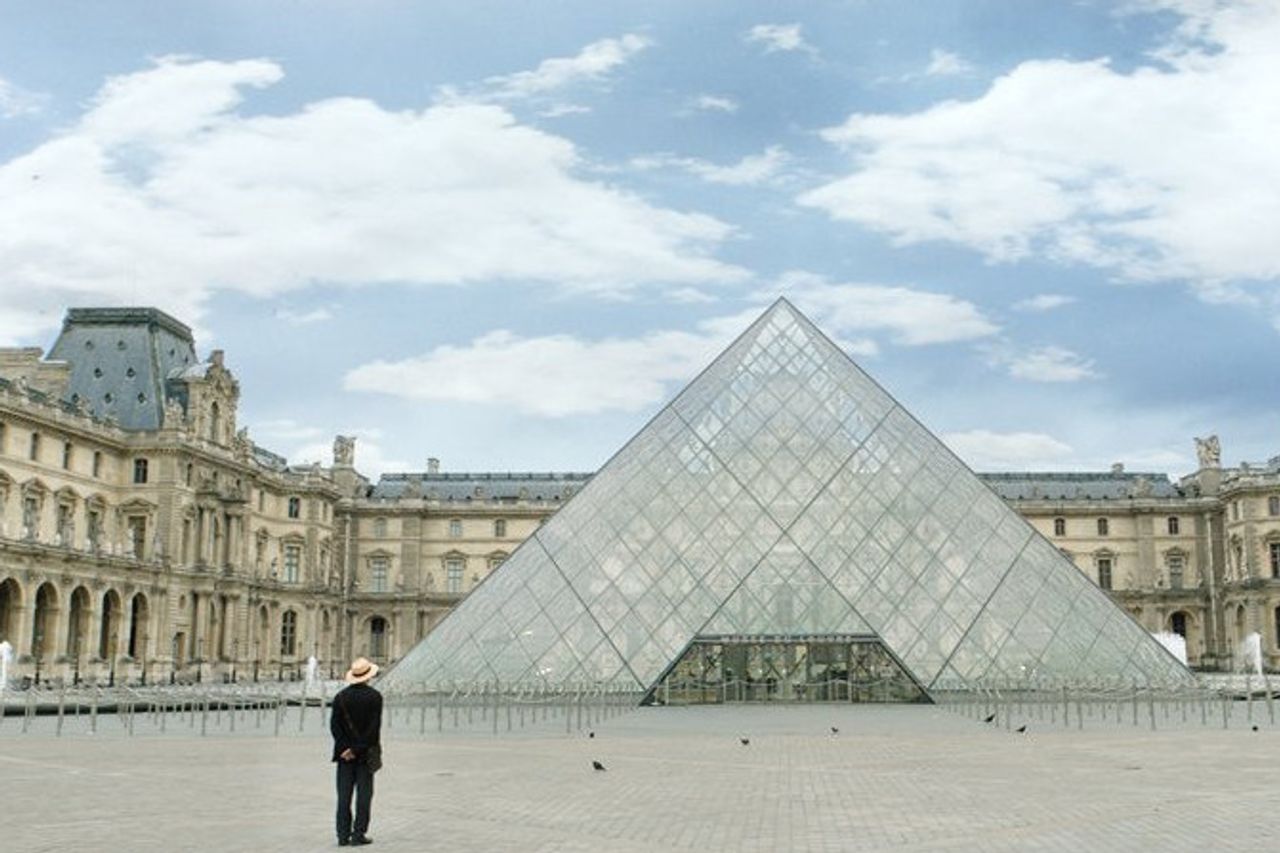French Suny From Tourists Impacted By Workers Strike

PARIS - The public transportation system in France has been affected by the strike over the new rules of President Emmanuel Macron's administration. Many train trips were canceled. People prefer to be at home.
The road to the Gare du Nord Station, Paris, was also quiet at 8.30am local time. Residents who want to go to work, leave early. The road even looks congested starting at 6.30 am. Residents who do not want to stay at home leave early using bicycles, driving private cars, or walking.
The streets of Paris are deserted, there are no buses, few taxis, more bicycles than cars. There were also no children crowding the sidewalks on their way to school, as many schools were closed because teachers were on strike.
The management of the Eiffel Tower and Louvre Museum warned of the strike. Many tourists cancel visiting the most visited country in the world for fear of difficulties in getting public facilities.
Despite the lonely streets of Paris, life goes on, with many cafes and bakeries remaining open.
The London-Paris connecting rail company, Eurostar, says that every second a schedule is canceled. A total of 16 train trips for Thursday 5 December and 21 departures for Friday 6 December were canceled.
"I travel this route a lot (Paris-Lodon) and usually, will be in line so long that they descend the stairs before the train. It's very strange that no one is here. Where's everyone?" said one of the passengers from England who was about to return to London, quoted from France24, Thursday, December 5, 2019.
But actually the things that people fear will have difficulty using public transportation have not fully happened. A tourist from Spain landed at Charles de Gaulle airport, Paris, from New York at 7 a.m., boarding the train without any problems.
"I was worried that it would be a nightmare, that the train would be overcrowded or that the Eurostar train would be canceled at the last minute. But this is the easiest trip I have ever had," said the tourist woman.
French police are seen beating protesters on the ground as they fight with protesters in Paris. The unions have launched strikes across sectors to stop President Emmanuel Macron's attempt to overhaul the country's pension system https://t.co/NiBa8uqMzA pic.twitter.com/Rfup7ezWla
- Reuters (@Reuters) December 5, 2019
Big Strike in France
French citizens oppose pension reforms proposed by the French government. French President Emmanuel Macron wants to streamline the current pension system of 42 into one single operating system. The new system will introduce a pension "point system", triggering the prevalence of early retirement among public service workers.
More importantly for the protesters, the reforms will have an impact on how much money they receive. Currently, public sector workers' pension is calculated based on the salary they earned during the last six months of work. Retirees will also be assessed based on their last 25 years of service. The new system will also calculate each year, meaning that people who have worked for a low salary for many years will receive a very low pension.
The legal retirement age has also been raised in the last decade from 60 to 62, but is still one of the lowest among a group of countries, in the UK for example, the retirement age is 66.
En raison de la # grèvedu5décembre, l'ouverture du musée du #Louvre pourrait être retardée et certaines salles pourront être exceptionnellement fermées.Nous vous tiendrons informés, nous vous remercions de votre compréhension. pic.twitter.com/MLB7TykqW9
- Musée du Louvre (@MuseeLouvre) December 4, 2019
Previously, French citizens had gone on strike, to be precise in September 2019 and the day of the strike was nicknamed 'Black Friday'. However, this second strike is said to be bigger because it includes all union members in the main sectors comprising the public service. Second, the five major unions in the RATP (Paris transport network) have called for "indefinite strikes". Many unions have warned that the strike will last for a week, possibly until Christmas.
Coping with the strike and preventing anything untoward from happening, the authorities issued a ban on action on Champs-Elysees Street, around the presidential palace, parliament and Notre Dame Cathedral.
